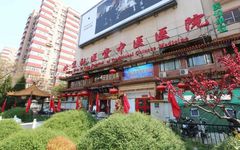
In Traditional Chinese Medicine (TCM), blood is the essence that nourishes all organs, muscles, bones, and skin. Its fullness directly relates to a person’s constitution and vitality.
It gives a rosy complexion, robust muscles, moist skin and hair, and allows for agile movements.
When people think of health maintenance, they often first consider whether they are experiencing blood deficiency and feel the need to replenish it.

Symptoms of Blood Deficiency
Blood, as a form of body fluids, is generated from the refined essence of food and water by the spleen and stomach, stored in the liver, governed by the spleen, circulated by the heart, and distributed by the lungs, nourishing the entire body.
Patients with blood deficiency typically exhibit a series of clinical symptoms, which can be summarized as follows:
Complexion and Skin: Pale or sallow complexion, dry and itchy skin, flaky skin, thin and rough nails, and dry hair that easily falls out.
Lips and Tongue: Pale lips, a pale tongue with thin coating, and possible cracks.
Head and Limbs: Dizziness, lightheadedness, a sensation of spinning, numbness in hands and feet, a crawling sensation in the extremities, cold hands and feet, and a preference for warmth.
Mental State and Sleep: Fatigue, lack of energy, low spirits, palpitations with vivid dreams, poor sleep quality at night, leading to poor energy the next day.
Menstrual and Reproductive Health: Women with blood deficiency may experience irregular menstruation, reduced menstrual flow, amenorrhea, and even impacts on fertility.

Causes of Blood Deficiency
The causes of blood deficiency are varied, primarily including the following aspects:
Excessive Blood Loss: Such as from trauma, heavy menstruation, or postpartum hemorrhage, leading to insufficient blood replenishment.
Insufficient Nutritional Sources: Irregular diet or malnutrition can disrupt spleen and stomach function, impairing the source of qi and blood production.
Chronic Illness or Overexertion: Prolonged illness or excessive fatigue can deplete yin blood, preventing organs from receiving adequate nourishment.
Stagnation of Blood: Stagnant blood in the body can hinder the generation and circulation of new blood.
Congenital Deficiency: Poor physical constitution at birth, leading to insufficient essence and blood to nourish organs and meridians.
When discussing blood deficiency, it is essential to also consider qi deficiency. Blood is the mother of qi, and qi is the commander of blood; qi generates blood, blood follows qi, and qi governs blood, making them interdependent and mutually supportive in bodily functions.

How to Nourish Blood?
TCM emphasizes “differentiated treatment” for nourishing blood, which means taking comprehensive measures based on individual constitution, causes, and mechanisms of disease. The general principle is to strengthen the spleen and stomach, tonify qi and nourish blood, while also ensuring smooth qi flow to promote the generation and circulation of qi and blood.
1. Dietary Therapy for Nourishing Blood
Ingredients such as red dates (Hong Zao), donkey-hide gelatin (Ejiao), angelica (Dang Gui), goji berries (Gou Qi), and longan (Gui Yuan) are rich in blood-nourishing components and can be soaked in water, cooked in porridge, stewed in soup, or made into medicinal dishes like red date and donkey-hide gelatin cake or angelica and lamb soup.
A balanced diet that increases the intake of iron-rich, protein-rich, and vitamin-rich foods, such as lean meat, pig liver, eggs, and spinach, can help improve blood quality.
2. Herbal Decoctions
Four Substance Decoction (Si Wu Tang): Composed of angelica (Dang Gui), ligusticum (Chuan Xiong), cooked rehmannia (Shu Di Huang), and white peony (Bai Shao), it is a primary formula for nourishing blood and regulating menstruation.
Eight Treasures Decoction (Ba Zhen Tang): An extension of the Four Substance Decoction with the addition of ginseng (Ren Shen), white atractylodes (Bai Zhu), poria (Fu Ling), and licorice (Gan Cao), it nourishes both blood and qi, suitable for those with both qi and blood deficiency.
Angelica Blood Nourishing Decoction (Dang Gui Bu Xue Tang): Composed of astragalus (Huang Qi) and angelica (Dang Gui), this formula emphasizes the relationship between qi and blood, using astragalus to greatly tonify spleen and lung qi to enhance blood production, while angelica nourishes blood and essence.
Return the Spleen Decoction (Gui Pi Tang): Composed of white atractylodes (Bai Zhu), astragalus (Huang Qi), longan flesh (Long Yan Rou), poria (Fu Shen), sour jujube seed (Suan Zao Ren), ginseng (Ren Shen), costus root (Mu Xiang), licorice (Gan Cao), angelica (Dang Gui), and polygala root (Yuan Zhi). It tonifies qi and nourishes blood, strengthens the spleen, and calms the heart, clinically used to treat both heart and spleen qi and blood deficiency.
3. Acupuncture and Tuina
Acupuncture at specific points such as Zusanli (ST36), Xuehai (SP10), Sanyinjiao (SP6), Shenque (CV8), and Guanyuan (CV4) can harmonize qi and blood and promote blood circulation.
Tuina massage on spleen and stomach related points, such as Pishu (BL20), Weishu (BL21), and Zusanli (ST36), can help strengthen the spleen and stomach and promote the generation of qi and blood.
4. Daily Maintenance
Ensuring adequate sleep and avoiding staying up late can help restore energy and promote the generation of qi and blood.
Moderate exercise, such as Tai Chi or Ba Duan Jin, can enhance physical fitness and promote the circulation of qi and blood.
Maintaining a cheerful mood and avoiding emotional distress is important; TCM believes that “anger harms the liver, joy harms the heart, and overthinking harms the spleen,” and excessive emotional fluctuations can easily damage qi and blood.
Related Statements:
1. This article is for communication and sharing purposes, aimed at disseminating health knowledge.
2. The herbal formulas mentioned are for reference only; please consult a professional doctor before using any medications and do not self-medicate blindly.
3. We understand the complexity and importance of medical decisions. All readers should approach the content rationally, understanding that it is for reference only and cannot replace professional diagnosis and treatment advice. If health issues arise, please consult a professional doctor.
4. Hong Yi Tang TCM respects intellectual property rights. If there are any improper uses or disputes regarding the above content, please contact us at [email protected], and we will address it promptly.
5. The comment section is open for discussion; we welcome active participation.
Previous Reviews
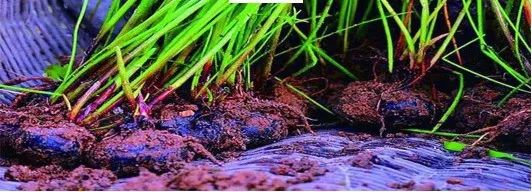
Eating this in winter is beneficial.
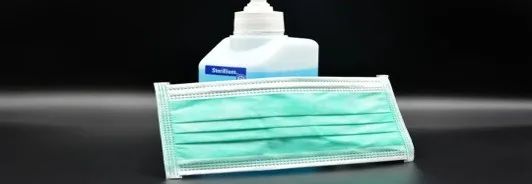
7 TCM tips to help you “protect your vital energy”.
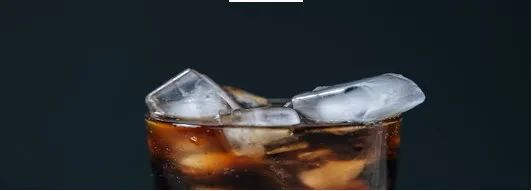
Learn these methods to warm the stomach and dispel cold.
Promoting Traditional Chinese Medicine for the Benefit of Society
Defending Authentic Traditional Chinese Medicine
We are always here to protect health.
∨
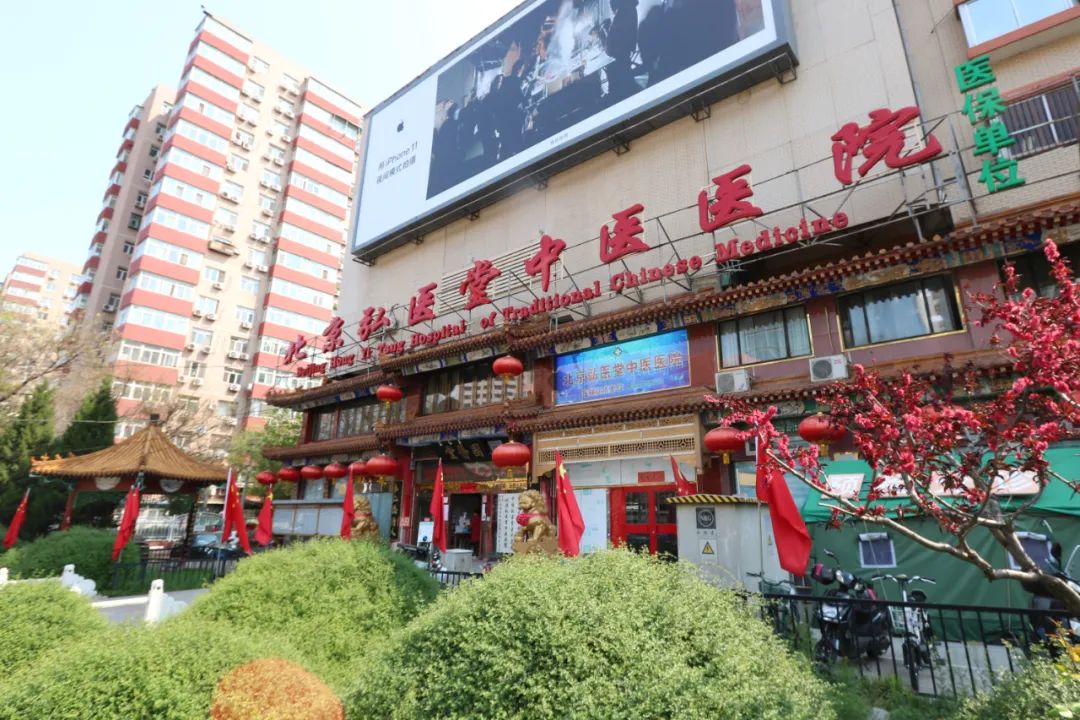
Beijing Hong Yi Tang TCM Hospital
-
Address: No. 2, Tuanjiehu North Road, Chaoyang District, Beijing (50 meters east of Changhong Bridge on the East Third Ring Road)
-
Transportation: Subway Line 10, Tuanjiehu Station, Exit C (Bus to Changhong Bridge or Tuanjiehu Station)
-
Phone: 010-65827961
-
Clinic Hours: 07:30–21:00
Click to follow Hong Yi Tang TCM ☝
We meet every morning at 7 o’clock, don’t miss it.
Give a like, tap to see, and encourage us ☟☟☟

